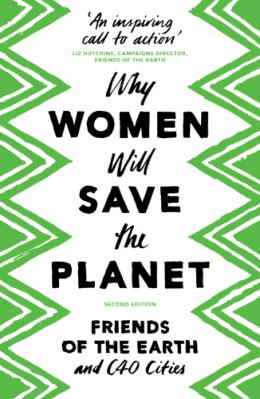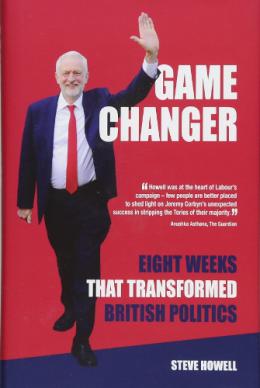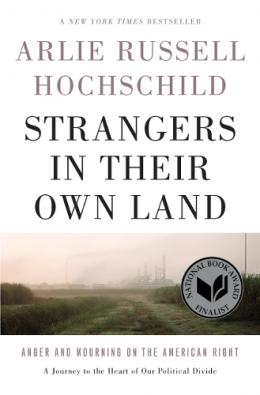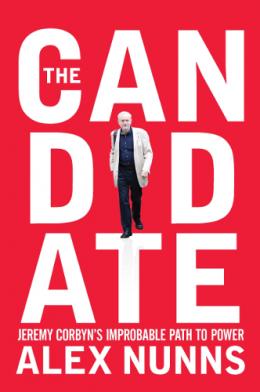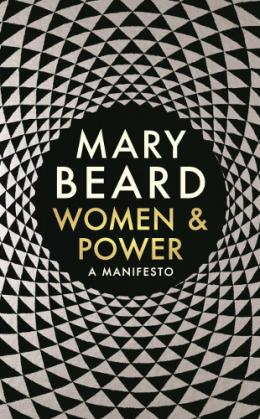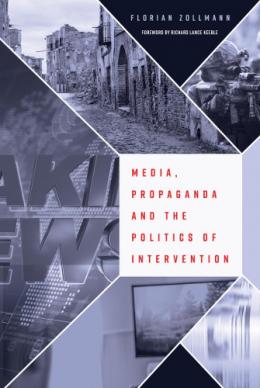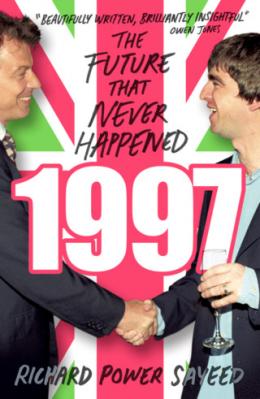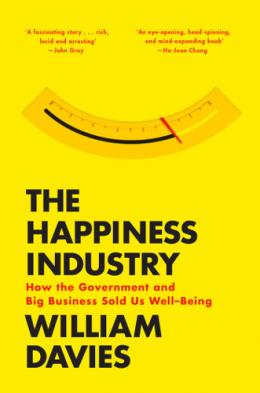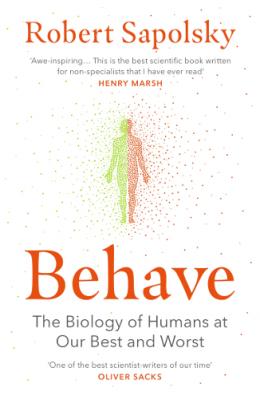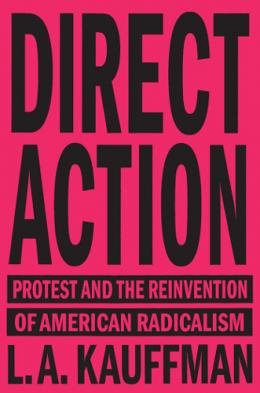Empowering women is clearly one way in which we may be able to stop climate change: not because women are more nurturing or caring but because more people equals better ideas, and because your success is never sharper than when working with other humans of many different kinds.
As a general overview of what some women have achieved in the field, Why Women Will Save the Planet should be useful to activists and non-activists alike. While there are some inspiring examples of collective action and progress in the book, many…
Reviews
Achieving 40 percent of the vote – a record-breaking 10 percent increase on its 2015 performance – Jeremy Corbyn’s Labour Party carried off one of the biggest political upsets ever at the 2017 general election, dealing a serious blow to the Tory government and broader neoliberal ideology.
Steve Howell, deputy director of strategy and communications in the Labour leadership team, gives a detailed and engaging insider account of the election campaign. There are no big reveals, but there are many nuggets that will be of interest to…
Two of the most pressing questions for the Left today are: Who are Trump’s supporters? And why did they vote for him?
A liberal Democrat based in California, US sociologist Arlie Russell Hochschild has spent years researching the US right in its geographic heart, the South. She has attempted to cross the ‘empathy wall’ that blocks you from understanding someone with a wildly different worldview.
Hochschild’s research leads her to wrestle with a major paradox in the US today: those who are the most effected by alarming…
emergency use soft shoulder (1966). Photo: Josh White, courtesy Corite Art Centre, Immaculate Heart Community, Los Angeles
Ditchling Museum of Art and Craft may seem an unlikely place to host an exhibition of 1960s Warhol-inspired socially-engaged prints from California, but these brightly-coloured, life-affirming texts by Corita Kent make for an exciting dialogue with artworks by members of the Roman Catholic local artistic community in the permanent collection.
In 1921, sculptor and type-designer Eric Gill was one of the…
For anyone who has visited refugee camps in Europe – or who has worked with those seeking asylum in this country – No Borders provides a perspective very different from the usual portrayal of migrants as victims of unjust, violent borders, victims whose rights are routinely ignored and who are denied access to basic amenities such as water, food and shelter.
Natasha King draws on social movement theory to picture many migrants as activists, refusing to be deterred by the borders, both physical and legal, that block their…
Alex Nunn’s engaging style makes Corbyn’s journey from jam-making backbencher to leader of the opposition seem both exciting and totally rational.
Last year, The Candidate won the Bread and Roses award for radical publishing. That first edition traced Corbyn’s rise up to the attempted coup by right-wing Labour MPs in mid-2016.
This new edition includes a 100-page(!) chapter covering last June’s snap general election and the incredible surge of support for Labour despite vitriolic attacks on Corbyn from the…
In the summer of 1968, a young man named Sam Lord combined forces with Peter Dukes and Jean Lou Msika (a French Tunisian expelled from France because of his involvement in the May uprisings in Paris) to set up a low-cost/no-cost screenprint workshop in a damp basement on London’s Camden Road.
Over the next three years, the Poster Workshop printed thousands of revolutionary/protest posters from hundreds of designs. Peter Dukes kept a copy of every poster that was printed.
Now a representative selection of these posters…
Sir Rodric Braithwaite was foreign policy adviser to prime minister John Major and chair of his joint intelligence committee. A history of the nuclear arms race from such an insider is bound to be a polished piece of mainstream propaganda.
For example, while he concedes that US president Richard Nixon did issue nuclear threats (over Vietnam in 1969, and during the 1973 Egypt-Israel war, both mentioned on p333 of the book), Braithwaite sees these as the two exceptions rather than the rule. He has this bold denial: ‘Even…
After reading this book, at first I was confused about the title: there didn’t appear to be a manifesto in it at all. Then gradually it dawned on me – the entire book is a manifesto, and a powerful one.
Mary Beard makes so many deeply perceptive points throughout the book that I found myself memorising page numbers to refer back to in case I ever wanted to quote her on anything.
The book is divided into two sections, both of which are lectures she has given – the first, ‘The Public Voice of Women’, is about how women…
PM Press’s Outspoken Authors series continues with this showcase for the writing of the legendary science fiction (SF) writer and memoirist Samuel R. Delany, featuring the title novella, Delany’s famous 1998 essay ‘Racism in Science Fiction’, and an interview with Delany by series editor Terry Bisson.
Clocking-in at seventy-two pages, The Atheist in the Attic centres on the famous November 1676 meeting between the philosophers Leibniz and Spinoza (the latter the atheist of the title) in The Hague, recounted here in the…
‘The biggest immediate single problem we face… is mainstream media reporting’, British historian Mark Curtis recently argued in an Open Democracy interview about UK foreign policy.
Florian Zollmann’s deeply impressive first book – which expands on his PhD, supervised by Professor Richard Keeble – goes a long way in engaging with this long-running issue for peace activists.
‘The news media in liberal democracies operates as a propaganda system on behalf of state-corporate elite interests’, he argues, using Edward Herman…
This book analyses contemporary struggles for social justice against the spinning backdrop of New Labour’s Cool Britannia. Using pop culture subjects such as the all-women pop group, the Spice Girls, the rebranding of the British royal family, the class war of Britpop, and the public reaction to the Young British Artists (YBAs), the author shows how, while New Labour celebrated the image of a visibly diverse, post-colonial Britain, in reality the roots of our present struggles for justice and equality were glossed over by skillful marketing…
It used to be that, when someone told me about a way to increase my happiness, I would take it on board without thinking. This book has changed that.
Surveying a broad sweep of history – from the measurement of mood by economists in the 18th century, to our current state where information about individuals is stored on the assumption that it will be useful someday – Davies investigates how happiness has become both a political and an economic goal.
The anti-philosophical approach of contemporary psychology, and the…
Do you want to base your views about aggression, violence, war and peace on the available biological/psychological evidence? Do you have the stamina for 700 very challenging pages? Yes and yes? Here’s the book for you.
Robert Sapolsky’s Behave: the biology of humans at our best and worst looks at first sight like just another popular psychology book. I expected brain scans, hormones and genes, and there is a lot about those topics.
What I didn’t expect was a science-based argument for the abolition of large…
This book will prompt gasps of recognition among peace activists, as they read of dramatic acts of mass civil disobedience, the use of affinity groups, and the underlying efforts to be equitable and inclusive during a time of reactionary politics.
The story begins with the Mayday protest of 1971, in which thousands of anti-war campaigners staged three days of protests in Washington DC with the aim of shutting down the US capital. Though ‘most slovenly’ according to one journalist, these actions unsettled the Nixon administration…


